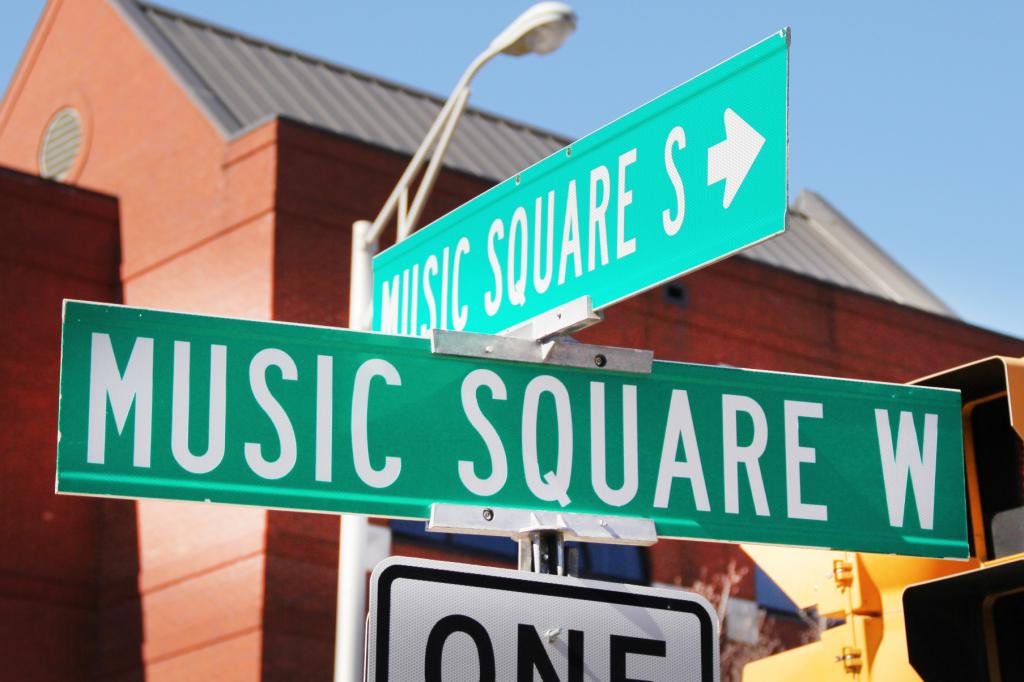Welcome to the heart of MusicRowSongs.com — where songwriting isn’t just a craft, it’s a calling. Whether you’re scribbling lyrics on a coffee-stained napkin or arranging harmonies in a pro studio, this is your guide to mastering the art and science of writing unforgettable songs.
Here, we bridge the soulful tradition of Nashville with today’s tools, structures, and insider methods that hitmakers use every day. Let’s dive into what makes a great song — and how you can write one.
✍️ How to Write a Song: The Foundation
Every timeless track starts the same way — with an idea worth chasing. Whether it’s a heartbreak, a celebration, or a snapshot of a summer road trip, your song needs emotional gravity.
Start with one of three paths:
• Lyric first: Capture raw emotion in words. Don’t edit—just flow.
• Melody first: Hum until it sticks. If it loops in your head, it’s gold.
• Chord structure first: Lay down basic progressions (C-G-Am-F is a classic) and build up.
The best songs usually blend these ingredients. Let inspiration lead the way—but always refine with structure.
🎵 Song Structure That Works
Nashville pros don’t leave structure to chance. Here are the standard formats that dominate Music Row:
Standard Pop/Country Structure:
Verse → Chorus → Verse → Chorus → Bridge → Chorus (repeat)
• Verse: Tells the story or sets the scene.
• Chorus: Delivers the emotional core and hook.
• Bridge: Offers contrast or a twist in perspective.
Don’t be afraid to break the rules once you’ve mastered them. But start here—because this is what works.
🧠 Writing Better Lyrics: Clarity, Imagery, Emotion
Great lyrics balance heart and craft. That means ditching clichés, sharpening metaphors, and punching each line with purpose.
Try these pro-level lyric tips:
• Use specific details (“red balloon from the gas station,” not just “a memory”).
• Show, don’t tell. Let the image say what emotion can’t.
• Keep syllables consistent for flow.
• Use internal rhymes and slant rhymes to surprise the ear.
Want an edge? Study the legends—like Dolly Parton, Jason Isbell, or Taylor Swift. All masters of detail-driven lyrics.
🤝 Co-Writing: Why Nashville Does It Best
Music Row thrives on co-writing. Two minds, one mission—stronger songs.
Benefits of co-writing:
• Pushes you out of your comfort zone
• Brings new melodic and lyrical angles
• Teaches compromise and collaboration
Use writer rounds, online meetups, or in-studio sessions. And always split credit clearly—friendships (and publishing rights) depend on it.
⚙️ Tools of the Trade: Songwriting Resources
Level up your process with these essential tools:
• RhymeZone.com – for finding near-rhymes and internal rhymes
• MasterWriter – a pro lyric software used by many Music Row writers
• Voice Memos / DAW – record everything. The bad ideas lead to the great ones.
• The Ultimate Rhyming Dictionary – a songwriter’s secret weapon
Need templates, chord progressions, or rhyme maps? We’ve got downloadable guides coming soon. Bookmark this page.
🚀 Final Thought: Songwriting as a Lifelong Journey
There’s no “one way” to write a song. The hit you write at 2am after a breakup might matter more than 1,000 carefully crafted demos. But when you combine raw emotion with technical precision, you get magic.
Keep writing. Keep listening. Keep rewriting.
And remember—on Music Row, every hit started as a rough idea in someone’s notebook.
🟨 Ready to write your next hit?
Explore more songwriting guides, download lyric templates, and subscribe for exclusive insights from veteran Nashville songwriters.



